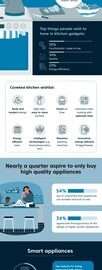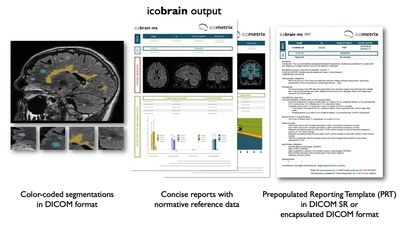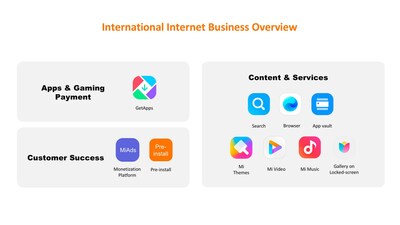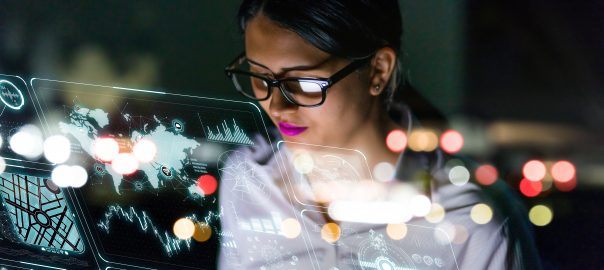With thousands of press releases published each week, it can be difficult to keep up with everything on PR Newswire. To help journalists covering different cultural groups stay on top of the week’s most newsworthy and popular releases, here’s a roundup of stories from the week that shouldn’t be missed. Continue reading
Tag Archives: Articles
Climate ‘danger zone’
|
By Megan Rowling | Just Transition Editor
Climate scientists and government officials are gathered in Switzerland this week to agree the final summary for policymakers in the latest blockbuster series of reports from the Intergovernmental Panel on Climate Change (IPCC) on global warming and how to keep it in check. Coming before an important review of global progress on climate goals at the end of this year, it doesn’t take a PhD to work out that the key message will be along the lines of “must do better”. |
Pfizer Invests $43 Billion to Battle Cancer
Proposed combination enhances Pfizer’s position as a leading company in Oncology
Seagen’s medicines, late-stage development programs and pioneering expertise in Antibody-Drug Conjugates (ADCs) strongly complement Pfizer’s Oncology portfolio
Seagen expected to contribute more than $10 billion in risk-adjusted revenues in 2030
Pfizer and Seagen to hold analyst and investor call at 8 a.m. EDT today
NEW YORK & BOTHELL, Wash.–(BUSINESS WIRE)–Pfizer Inc. (NYSE: PFE) and Seagen Inc. (Nasdaq: SGEN) today announced that they have entered into a definitive merger agreement under which Pfizer will acquire Seagen, a global biotechnology company that discovers, develops and commercializes transformative cancer medicines, for $229 in cash per Seagen share for a total enterprise value of $43 billion. The Boards of Directors of both companies have unanimously approved the transaction. Continue reading
Beko reveals consumers avoid wasteful, passing kitchen trends in favour of durable, quality designs
Forget flimsy mod-cons and passing social trends, a new study has revealed that timeless design and advanced technology are the most desired features in modern kitchens, according to Beko, the leading home appliance brand. Continue reading
icometrix & Queen Mary University of London receive prestigious AI Award from the National Institute for Health and Care Research (NIHR) to investigate the impact of AI applied to MRI in the care of people with multiple sclerosis (MS)
icometrix is proud to announce that, together with Queen Mary University of London (QMUL), it has been awarded the prestigious AI Award in Health and Care. This collaborative program will investigate the impact of AI on the assessment of MRI and decision making in the context of multi-disciplinary team meetings for people with MS. It is hoped that this research will lead to better care for people with MS (pwMS). Continue reading
Xiaomi’s International Internet Business Announces its “Go Global” Strategy at MWC
Xiaomi’s International Internet Business Department (IIB), the global internet business arm of the Chinese consumer electronics manufacturer, wrapped up their showing at the Mobile World Congress (MWC), one of the biggest events in the calendar for the global mobile technology industry, by announcing its “Go Global” strategy for the year 2023, expanding its cooperative relationships with global partners and exploring new business opportunities in internet services. Continue reading
This Week in Health News: 11 Stories You Need to See
With thousands of press releases published each week, it can be difficult to keep up with everything on PR Newswire. To help journalists covering the healthcare industry stay on top of the week’s most newsworthy and popular releases, here’s a roundup of stories from the week that shouldn’t be missed. Continue reading
Snooping on campaigners
By Kim Harrisberg | South Africa correspondent
|
From phishing traps to arrests based on their social media posts alone, activists from Russia to Uganda say they’re increasingly being watched for their online campaigning. |
AI could make more work for us, instead of simplifying our lives
Barbara Ribeiro, University of Manchester
There’s a common perception that artificial intelligence (AI) will help streamline our work. There are even fears that it could wipe out the need for some jobs altogether.
But in a study of science laboratories I carried out with three colleagues at the University of Manchester, the introduction of automated processes that aim to simplify work — and free people’s time — can also make that work more complex, generating new tasks that many workers might perceive as mundane.
The EU’s AI Act – Innovations Vs Human Rights
|
Artificial intelligence (AI) technology is everywhere. Thanks to a lack of red tape, it’s transforming our homes, economies and cultures – from ChatGPT and virtual DJs, to facial recognition and predictive policing tools. However, the rise of AI has also come at a significant cost. As we’ve discussed in recent weeks, AI often undermines our privacy, entrenches societal biases, and creates opaque systems that lack accountability. |










